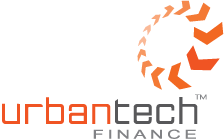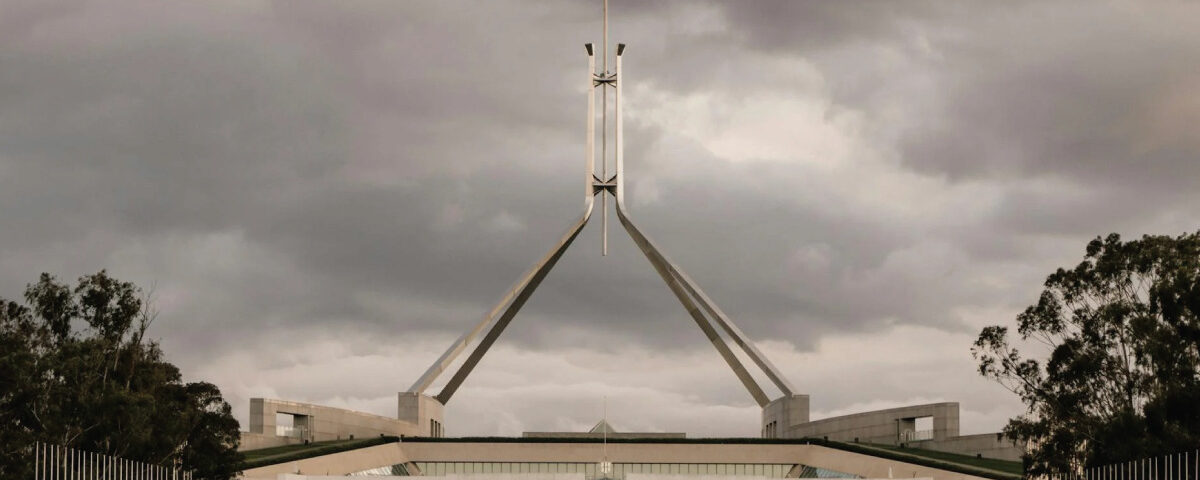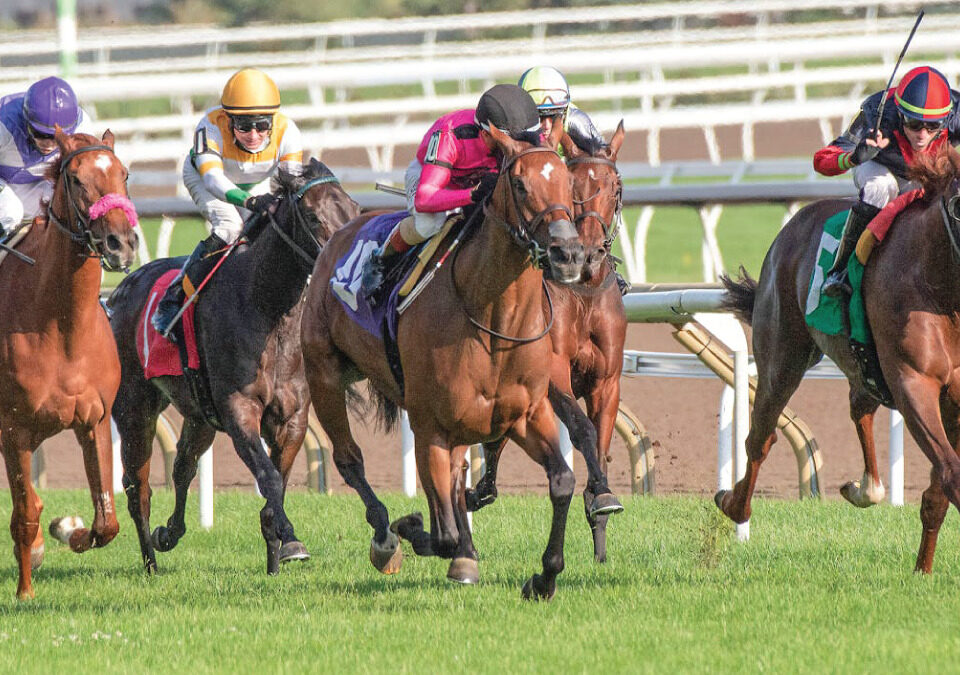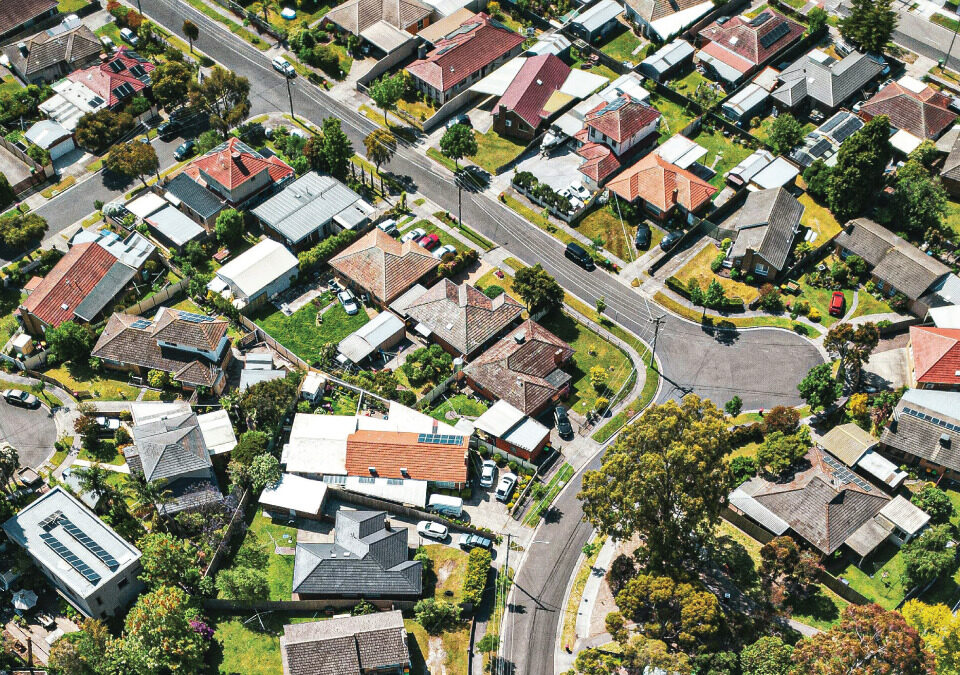- ENQUIRE ONLINE OR CALL US
- 08 8451 1500

The RBA’s interest rate statement for October 2022

Need funds to grow your business?
The federal government’s first budget in office hasn’t delivered too many surprises. As foreshadowed, families and healthcare have been big winners, while tax dodgers and dams have taken a hit in a bid to cut down on rorts and waste.
Here’s who came out on top and who’s been forgotten in the October budget.
On the up
Parents of young children
Parents and children are set to benefit, with the government allocating $4.7bn over four years to deliver cheaper childcare with the goal of encouraging greater workforce participation.
Schoolkids
The government has promised a post-pandemic “student wellbeing boost” at a cost of $204m. Schools can use the funding for a range of measures including mental health supports, excursions and sporting and social activities. There’s also $271m to improve ventilation and air quality, as well as larger refurbishments, at public schools.
Homebuyers
Labor has set a target of 1m new homes to be delivered over the next five years from mid-2024, when capacity constraints are expected to ease. It includes 20,000 affordable homes, with an additional 30,000 affordable and social homes to be delivered via housing Australia future fund returns. Some 10,000 first home buyers in the regions will also be eligible to buy a home with a federal government guarantee of up to 15% of purchase price.
PBS patients
The maximum cost of general scripts under the pharmaceutical benefits scheme has fallen for the first time in 75 years. From 1 January 2023 the PBS general co-payment will be lowered from $42.50 to $30 a script, saving about 3.6 million Australians $190m in out-of-pocket costs a year. In addition $1.4bn will be provided for new and amended listings on the PBS.
Women’s safety
Nearly $170m has been allocated for 500 frontline workers to support women and children experiencing family, domestic and sexual violence. Almost $40m will be spent to boost the escaping violence payment, as well as $25m over five years for a trial of innovative responses to address the behaviour of domestic violence perpetrators.
Seniors
Almost $70m has been allocated to increase the income threshold for the seniors’ health card from $61,284 to $90,000 for singles and from $98,054 to $144,000 (combined) for couples. The amount pensioners can earn before their pension is reduced will be increased from $7,800 to $11,800. And $74m will be provided to encourage pensioners to downsize homes, including by extending the assets test exemption for principal home sale proceeds from 12 months to 24 months.
The environment (sort of)
The environment is a relative winner in the October budget. The Climate Change Authority will return with $42.6m in funding. Rewiring the Nation will funnel $20bn into upgrades to Australia’s electricity grid, with 10,000km of new transmission lines. $1.9bn will be spent on moving regional industries towards decarbonisation, while $500m will be committed to reducing transport emissions and $300m on community batteries and solar banks.
Pacific Islands
A new Pacific engagement visa will offer up to 3,000 permanent placements annually to nationals of Pacific Island countries and Timor-Leste. Pacific Australia Labour Mobility participants on long-term placements will also be able to bring their partners and children to Australia when sponsored. In addition, the federal government will provide $1.4bn in additional aid over four years, including $900m for the Pacific and $470m to south-east Asia.
Double J listeners
The ABC will have funding it lost as a result of the former Coalition government’s freeze on annual increases restored with $83.7m over four years. Double J, the ABC’s digital music channel for older Triple J listeners, will get an additional $500,000 to be directed towards a feasibility study into the expansion of Double J to FM frequencies.
Taking a hit
Tax dodgers
The 2022 budget includes significantly increased funding for the ATO’s tax avoidance taskforce to crack down on tax avoidance by multinationals and individuals. In an effort to close tax loopholes, a multinational tax integrity package will raise about $1bn over four years, while a shadow economy and personal income tax will raise $3.7bn over four years.
The governor general
Labor has axed the $16m provided in the last budget for the Future Leaders Forum, for which the governor general, David Hurley, personally lobbied Scott Morrison.
The arts
There were almost no new initiatives for the arts, with most announcements small and involving redirecting funds remaining from the Covid response for the sector or from other areas within the arts portfolio. Expenses under the arts and cultural heritage sub-function are estimated to decrease by 20.6% in real terms from 2022-23 to 2025-26. The government said its “commitment to deliver a national cultural policy is currently under development”.
High-speed rail
There’s $500m for corridor acquisition and early works for the Sydney-to-Newcastle high-speed rail project but it is only a tiny fraction of what the project needs to go ahead.
There’s also $18m for the high-speed rail authority but, without an investment of many billions of dollars, high-speed rail looks to be going nowhere fast.
Bob Katter
The member for Kennedy is a big backer of the dam project in Queensland and has said in the past it would determine which party he backed in the event of a hung parliament. The Morrison government had committed to a feasibility study for the $5.4bn Hells Gate Dam, but Labor has banked savings in the budget from not proceeding with the project. The government has deferred $900m in funding for other water projects, including the Dungowan dam and pipeline, the Emu Swamp dam and pipeline, the Hughenden irrigation scheme and the Wyangala Dam wall-raising project.
Northern Australia (relatively)
Parts of northern Australia including the Northern Territory, the Pilbara region of Western Australia and north and central Queensland were set to benefit substantially from a program previously announced by the Coalition, the energy security and regional development plan. This program will be slashed by $6.4bn, with just $672.7m of spending remaining to be spent over seven years.
Jobseekers
Before the election, the Australian Council of Social Service and other groups had hoped Labor would commit to an increase in jobseeker payment. But Labor was quick to rule out any increase to the payment, which remains well below the Henderson poverty line.
Cheers,
Sam, Matt & Team
Urbantech Finance
PS. For all of the latest loan rates click here OR book a Free Finance Review now to find out how much you can save!
This article originally appeared in The Guardian and has been shared in full – https://www.theguardian.com/australia-news/2022/oct/25/budget-2022-winners-and-losers-summary-who-will-benefit-is-better-worse-off-federal-labor-australia



